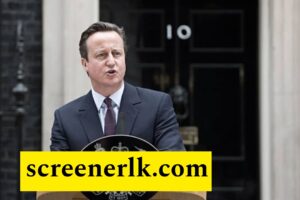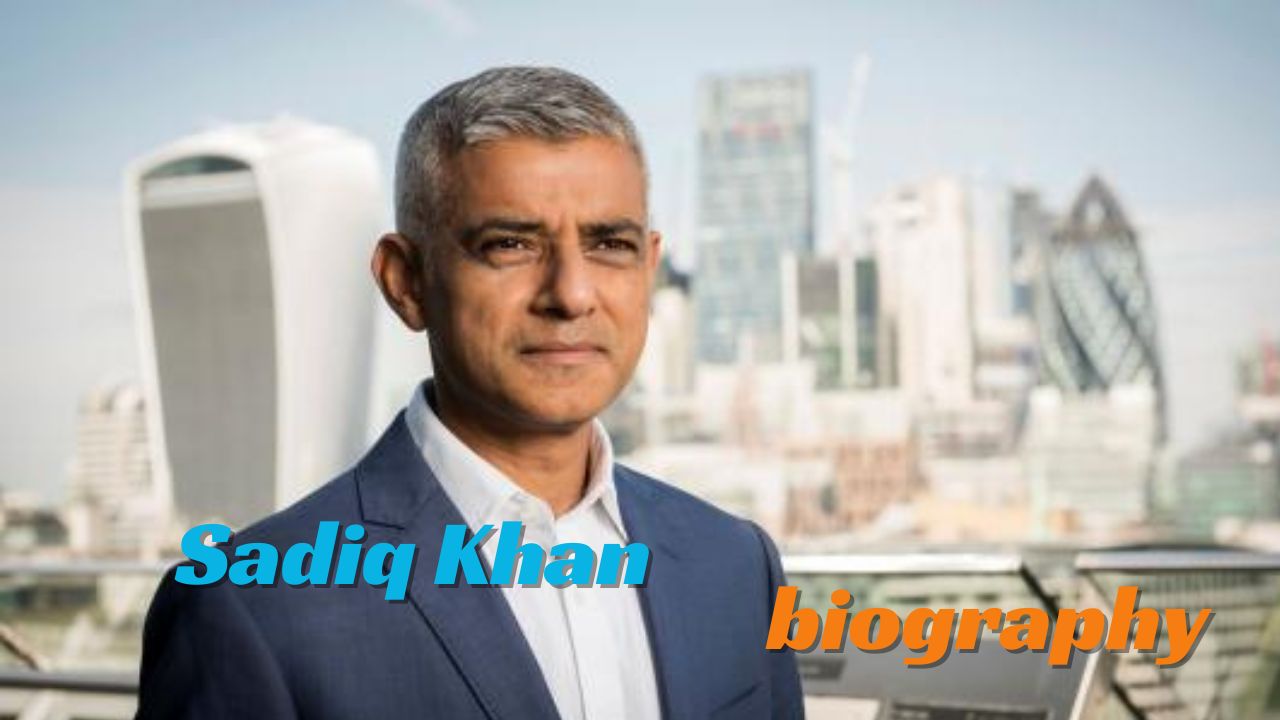David Cameron biography
David Cameron served as Prime Minister of the United Kingdom of Great Britain and Northern Ireland from 2010 to 2016, leading Britain’s first Coalition Government in nearly 70 years and, at the 2015 General Election, forming the first majority Conservative Government in the UK for over two decades.
David Cameron Bio
| Full name | David William Donald Cameron |
| Nickname | David Cameron |
| Profession | politician |
| Date of birth | 9 October 1966 |
| Age on 2023 | 57 years |
| Birh place | London, United Kingdom |
| Nationality | British |
| Country | UK |
| Zodiac sign | Libra |
| Religion | cristian |
| Ethinicity | white |
| Home town | London, United Kingdom |
David Cameron biography physical States
| Height | 1.8m |
| Weight | 85 kg |
| Eyes color | Brown |
| Hair color | white black |
David Cameron biography parents
| Father of Name | Ian Donald Cameron |
| Mother of Name | Mary Fleur Cameron |
David Cameron wife
Samantha Gwendoline Cameron is wife of david cameron. Until 13 May 2010, she was the creative director of Smythson of Bond Street. She is married to David Cameron, who was the British prime minister from 2010 to 2016 and current Foreign Secretary since November 2023.
David Cameron children
firstborn son, Ivan Reginald Ian, second son, Arthur Elwen, Ivan, fourth Florence Rose Endellion
David Cameron Net worth
David Cameron, the former Prime Minister of the United Kingdom, has a net worth of $90 million (£70 million pounds). Cameron’s net worth has been accumulated from a number of sources, including his book deals, and his speaking engagements.

David Cameron Early life
David Cameron, born on October 9, 1966, in London, United Kingdom, is a British politician who served as the Prime Minister of the United Kingdom from 2010 to 2016. Here’s a brief overview of David Cameron’s early life:
1. Family Background:
– David William Donald Cameron was born into a wealthy and prominent family. His father, Ian Donald Cameron, was a stockbroker, and his mother, Mary Fleur, belonged to an aristocratic family.
2. Education:
– Cameron attended Heatherdown School, Eton College, and Brasenose College, Oxford. At Oxford, he studied Philosophy, Politics, and Economics (PPE), a common degree for future British politicians.
3. Member of the Bullingdon Club:
– During his time at Oxford, Cameron was a member of the Bullingdon Club, an elite and exclusive dining club known for its wealthy members and a reputation for rowdy behavior.
4. Early Career:
– After completing his education, Cameron worked in various roles, including as a researcher for the Conservative Party and as a Special Adviser to the Chancellor of the Exchequer.
5. Business and Communications:
– Cameron briefly worked in the communications industry, including a role at Carlton Communications.
6. Entry into Parliament:
– David Cameron was elected as the Member of Parliament (MP) for Witney in the 2001 general election. He quickly rose through the ranks within the Conservative Party.
7. Leadership of the Conservative Party:
– In 2005, Cameron was elected as the leader of the Conservative Party. Under his leadership, the party underwent modernization efforts to broaden its appeal.David Cameron’s early life and education in elite institutions played a role in shaping his political trajectory. His rise through the political ranks culminated in becoming the leader of the Conservative Party and eventually the Prime Minister of the United Kingdom.

David Cameron career
David Cameron had a diverse and influential political career in the United Kingdom, serving as the leader of the Conservative Party and as the Prime Minister. Here’s an overview of David Cameron’s political career:
1. Member of Parliament (MP):
– David Cameron was first elected as the Member of Parliament (MP) for Witney in the 2001 general election. He represented this constituency throughout his political career.
2. Shadow Cabinet Roles:
– Cameron quickly rose through the ranks of the Conservative Party, serving in various shadow cabinet roles. Notably, he was appointed as the Shadow Education Secretary and later as the Shadow Secretary of State for Work and Pensions.
3. Conservative Party Leadership (2005-2016):
– In 2005, David Cameron became the leader of the Conservative Party, succeeding Michael Howard. As leader, he focused on modernizing the party’s image and policies, aiming to broaden its appeal.
4. General Election 2010:
– In the 2010 general election, the Conservative Party, led by Cameron, won the most seats in the House of Commons but fell short of a majority. This led to the formation of a coalition government with the Liberal Democrats.
5. Prime Minister (2010-2016):
– David Cameron became the Prime Minister of the United Kingdom on May 11, 2010, leading a coalition government with Nick Clegg of the Liberal Democrats as Deputy Prime Minister.
– His premiership faced challenges, including economic issues, public sector reforms, and foreign policy matters such as the intervention in Libya.
6. Conservative Majority (2015):
– In the 2015 general election, the Conservative Party, under Cameron’s leadership, won a majority in the House of Commons. This allowed Cameron to form a Conservative-only government.
7. European Union Referendum (2016):
– One of the defining moments of Cameron’s premiership was the decision to hold a referendum on the United Kingdom’s membership in the European Union. The referendum, held on June 23, 2016, resulted in a majority voting to leave the EU (Brexit).
8. Resignation:
– In the aftermath of the Brexit referendum, given the outcome contrary to his position, David Cameron announced his resignation as Prime Minister on July 13, 2016. Theresa May succeeded him as leader of the Conservative Party and as Prime Minister.
David Cameron Achievement
David Cameron’s political career is marked by several achievements, challenges, and notable contributions during his time as the leader of the Conservative Party and as the Prime Minister of the United Kingdom. Here are some key achievements associated with David Cameron:
1. Modernization of the Conservative Party:
– Cameron successfully led efforts to modernize the Conservative Party, attempting to broaden its appeal to a more diverse range of voters. This included a focus on social issues, environmental policies, and a more inclusive image.
2. Coalition Government (2010-2015):
– In the 2010 general election, while the Conservative Party did not secure an outright majority, Cameron formed a coalition government with the Liberal Democrats, with Nick Clegg as Deputy Prime Minister. The coalition successfully governed for five years, implementing a range of policies.
3. Economic Policies:
– Cameron’s government implemented austerity measures to address the economic challenges facing the United Kingdom after the global financial crisis. These policies aimed at reducing the budget deficit and fostering economic recovery.
4. Conservative Majority (2015):
– In the 2015 general election, Cameron led the Conservative Party to a majority victory in the House of Commons. This allowed for a Conservative-only government and provided a mandate for the party’s policies.
5. Same-Sex Marriage Legislation:
– Cameron supported and championed the passage of the Marriage (Same Sex Couples) Act in 2013, which legalized same-sex marriage in England and Wales. This marked a significant social policy reform.
6. Foreign Policy and Military Interventions:
– Cameron was involved in foreign policy decisions, including the military intervention in Libya in 2011. The intervention aimed at protecting civilians during the Libyan civil war.
7. Leadership During International Crises:
– Cameron provided leadership during international crises, such as the response to the Syrian Civil War and the humanitarian crisis. He advocated for international action and aid in addressing these challenges.
8. European Union Referendum:
– While the outcome was not as he advocated, Cameron fulfilled his commitment to holding a referendum on the United Kingdom’s membership in the European Union. The referendum in 2016, known as Brexit, resulted in a majority vote to leave the EU.
It’s important to note that public opinion on Cameron’s legacy is diverse, with both supporters and critics evaluating his achievements and challenges during his time in office. The decision to hold the EU referendum and its outcome had a significant impact on his political legacy.
David Cameron Social media Account
facebook – Click here
instagram – Click here
twitter ( x.com ) – Click here
Read Also- Shani Louk Biography | Net Worth, Bio, Age, Height, husband, Career, Family& FAQ











